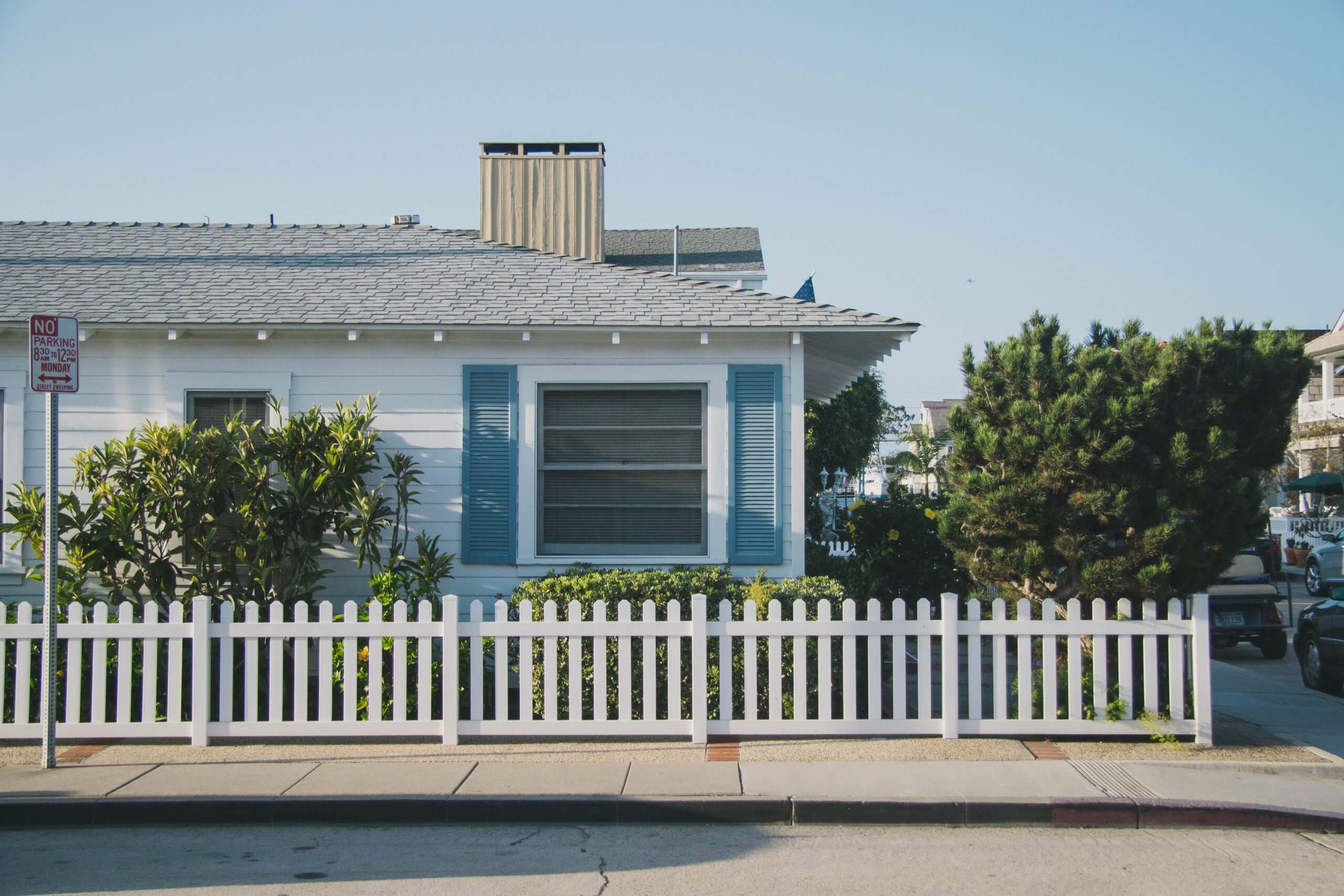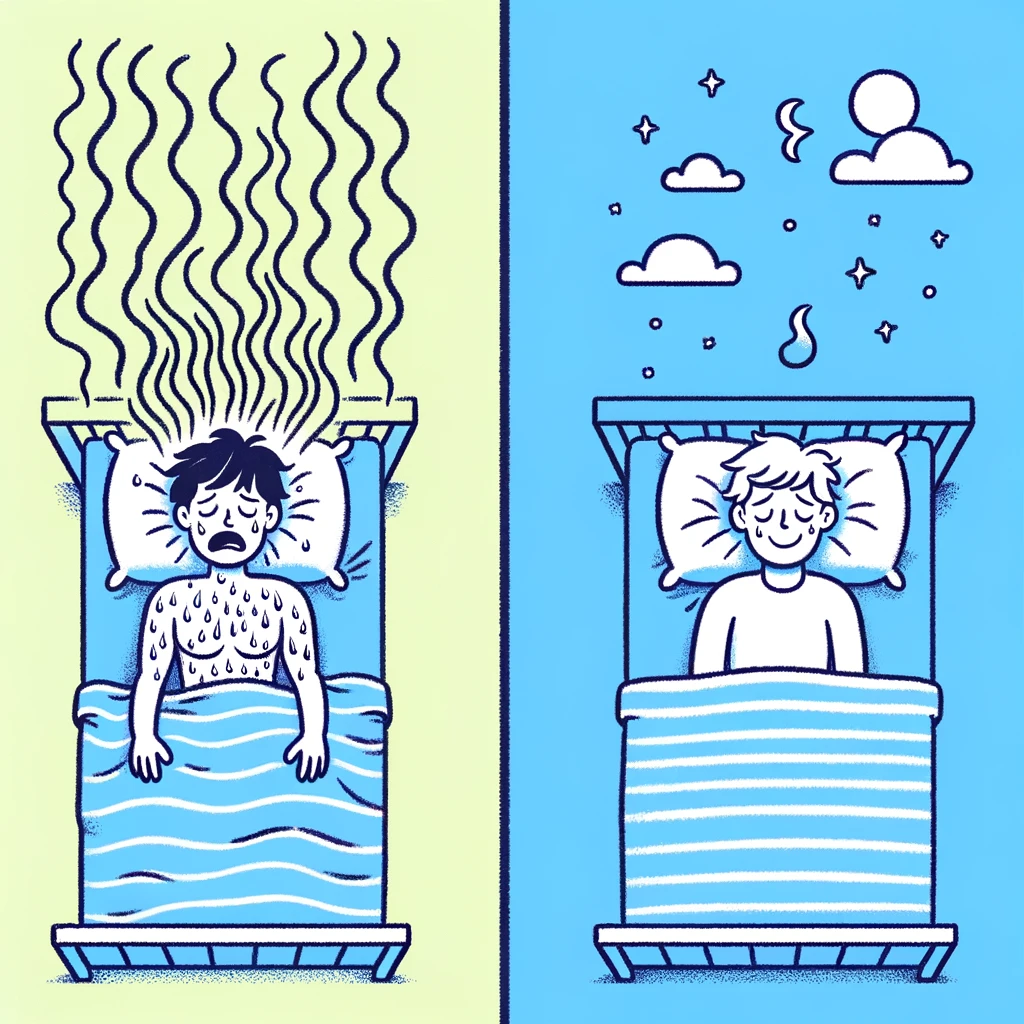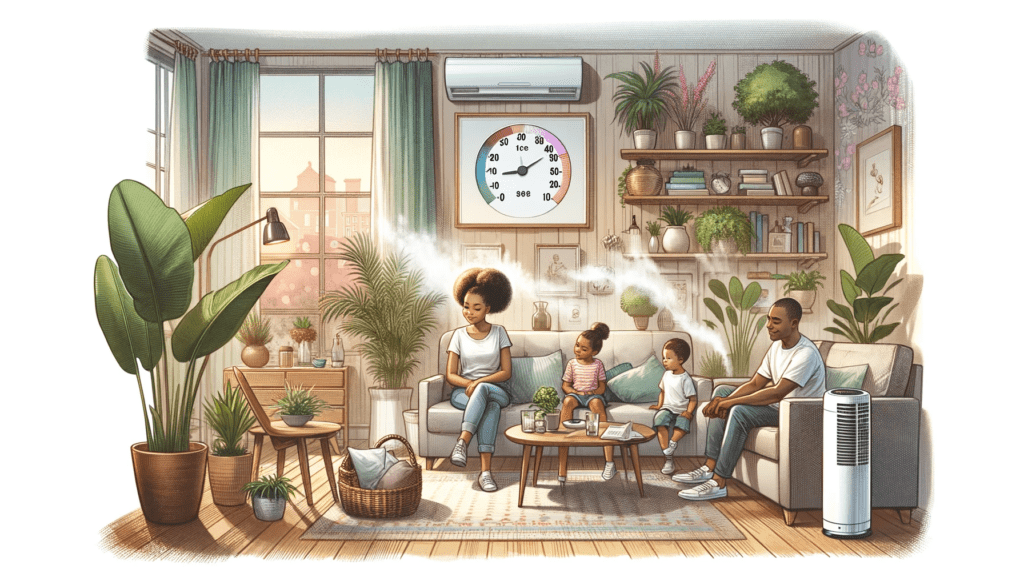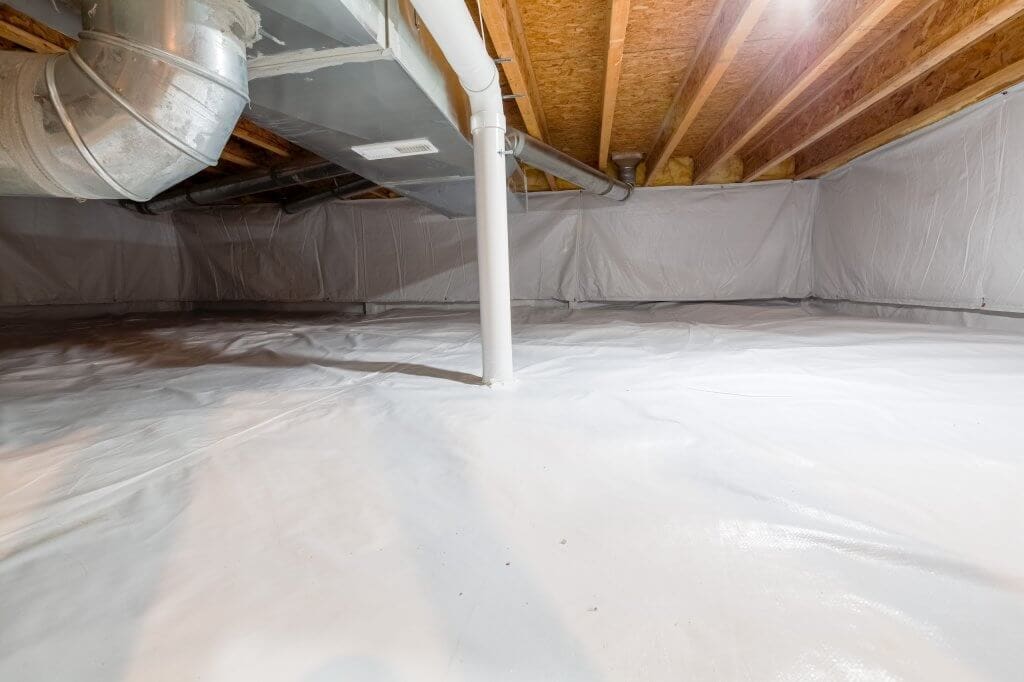Do air conditioners dehumidify the air in your home? Not really. Indoor humidity control is a helpful byproduct of air conditioning. However, there are several reasons why air conditioners dehumidify ineffectively and inefficiently. For example, leaky ductwork, negative pressure and dirty evaporator coils. Let’s take a closer look at an air conditioner’s inability to replace a dehumidifier.
Do Air Conditioners Dehumidify?
While air conditioning systems help lower indoor humidity, dehumidification is simply a byproduct of the cooling process. Air conditioners aren’t designed to reduce humidity levels indoors. Plus, there are many system factors that affect how your home’s AC will or won’t help control moisture.
The AC Unit Has One Speed
What do we mean by one speed? If your air conditioner turns on and blasts cold air until the desired temperature is achieved, it has one speed. Due to the inconsistent nature of this process, it’s unlikely that the unit removes humidity. It is simply not running long enough to do so.
The AC Unit Is Too Large
No, an oversized air conditioner does not expel heat or moisture better than an appropriately sized unit. To be clear, we’re talking about an excessive cooling capacity, not the literal size of the unit. An oversized AC unit works too hard and too fast for the space, disrupting its ability to cool and dehumidify your home. Like a unit with one speed, a unit that’s too large short-cycles. It collects moisture from the air, but it doesn’t allow the moisture time to drain. Thus, reintroducing the humidity it just removed.
 Indoor Humidity: Looking to reduce indoor humidity but don’t know whether you should rely on your air conditioner or invest in a dehumidifier? Let us help →
Indoor Humidity: Looking to reduce indoor humidity but don’t know whether you should rely on your air conditioner or invest in a dehumidifier? Let us help →Negative Pressure
Poorly designed ventilation systems are prone to negative pressure. Negative pressure occurs when the air pressure inside is lower than the air pressure outside. In other words, outdoor air is pushing its way indoors. This makes it difficult for your air conditioner to remove heat and moisture from your home. This is particularly true when it’s humid outside.
Incorrect Thermostat Setting
If your home is struggling to regulate humidity indoors, it may be because the thermostat is set to “on,” not “auto.” There’s a good reason to choose “auto” instead. When your thermostat is set to “on,” the internal fan is constantly running, even when the air conditioner is not. The moisture that was removed is blown back into your home. However, when your thermostat is set to “auto” the fan and the AC only run when your home needs to be cooled. This tip only applies to homes without whole-home IAQ solutions!
The AC Unit Is Old
As your air-conditioning unit ages, it does not work as effectively as it once did. This process may be expedited if your unit is not properly maintained. When your unit starts to decline, you may notice that your home is more humid than usual. In fact, it’s hardly able to cool your home due to its deterioration.
Leaky Ductwork
Did you know that approximately 20-30% of conditioned air is lost due to leaky ductwork? When ducts leak, indoor humidity levels increase. Your air conditioner cannot account for the extra water vapor.
Dirty Coils
Dirty evaporator coils are responsible for various HVAC issues, including poor dehumidification. An evaporator coil cools the refrigerant so that it can absorb heat from the air. The coil also removes moisture from the air. However, when the coil is covered in dirt and debris, it cannot absorb water vapor. This makes it difficult for your AC unit to cool and dehumidify your home.
Refrigerant Leakage
Refrigerant is a chemical that absorbs heat and moisture from the air. When the pipes that transport the refrigerant spring a leak, your AC unit cannot cool and dehumidify the air.
Dehumidification Is a Byproduct
Remember, air conditioners dehumidify inefficiently and ineffectively because dehumidification is a byproduct of the primary function. And what is AC’s primary function? To cool your home!
 Moisture Control: But what about ventilation? Wouldn’t increasing incoming fresh air lower indoor humidity levels? Here’s our take on why humidity control is better for moisture control than ventilation →
Moisture Control: But what about ventilation? Wouldn’t increasing incoming fresh air lower indoor humidity levels? Here’s our take on why humidity control is better for moisture control than ventilation →How Do Portable Air Conditioners Dehumidify?
Much like central air conditioners, the short answer is portable air conditioners don’t dehumidify the air. That isn’t their purpose, it’s simply a byproduct. The impact of a portable air conditioner on indoor humidity is less than that of a central air conditioner. Why? Because the unit is significantly smaller, and it can only address one room or area at a time. In the time it takes a portable air conditioner to dehumidify an entire home, you can invest in a whole-home dehumidifier and have it installed!
Dehumidify Your Home
As aforementioned, if you’re looking to dehumidify your whole home, invest in a whole-home dehumidifier. Unlike an air conditioner, a dehumidifier’s primary function is to remove moisture from the air in your home. The device installs directly into your existing HVAC system. And, it’s equipped with a humidistat that can be set to automatically maintain a certain level of humidity. Homeowners that live in tropical climates will benefit the most from a whole-home dehumidifier.
The benefits of a dehumidifier are extensive, including but not limited to:
- Reduced risk of mold and mildew growth
- No sticky or sweaty feeling
- Furniture and floors maintain their integrity
- Insects are kept at bay
- No stuffy or uncomfortable feeling
- No musty smell
- Decreased allergies and asthma symptoms
Do You Need a Dehumidifier if You Have an Air Conditioner?
The answer depends on where you live. Some homeowners may be able to get away with not having a dehumidifier if they don’t live in an extreme climate. If you live in a climate where humidity is everpresent, then yes, you need a dehumidifier even if you have an air conditioner.
Homeowners that live in a humid climate and attempt to use their air conditioner as a dehumidifier, will not see a decrease in humidity. In fact, their air conditioner (which is likely working overtime) may fail, leaving them with hot and humid air. It’s much simpler to invest in a dehumidifier and use it in conjunction with an air conditioner.
When to Use a Dehumidifier With an Air Conditioner?
If you have a dehumidifer and an air conditioner, you may be wondering when you should use one or the other. While they can be used ast the same time, that is not always necessary. If you are able to maintain the 40-60% indoor humidity range, then you probably don’t need to use your dehumidifier at the same time as your AC. However, if you’re struggling to stay within this range, then it’s probably a good idea to use both devices.
Don’t Give Up Your AC Unit Yet
So, the answer to the question “do air conditioners dehumidify?” is “no.” To be clear, we’re not bashing air conditioners. They are an essential part of every central HVAC system. However, if you’re looking to dehumidify your home, air conditioners work best in tandem with a dedicated dehumidifier. One device focuses solely on dehumidification, while the other provides a helping dry hand. It’s the best of both worlds!






